Faith, foster care and LGBT rights collide at Supreme Court
Justice Amy Coney Barrett's first major case on religious liberty, LGBT rights.
The U.S. Supreme Court, with newly confirmed conservative Justice Amy Coney Barrett, will face its first major test on religious liberty and LGBT rights just one day after the 2020 election.
The justices on Wednesday will hear oral arguments on whether the city of Philadelphia can enforce a non-discrimination policy for sexual orientation on Catholic Social Services, a leading faith-based child welfare agency that does not work with same-sex foster parents.
Philadelphia refused to renew its contract with CSS for the city's foster care program in 2018 because of the group's refusal to accept gay or lesbian applicants. The agency and several Catholic foster parents sued the city, alleging it targeted their religious beliefs in violation of the First Amendment.
"I was devastated. I just couldn't believe it," said plaintiff Sharonnell Fulton, a foster parent with Catholic Social Services who could no longer accept new foster children after the city severed ties with the organization.
"I have room in my house and time in my life and I want to make a difference," said Fulton, who's fostered more than 40 children over nearly 30 years. "Catholic Social Service does wonderful work and we have children that hurt and we need to serve."
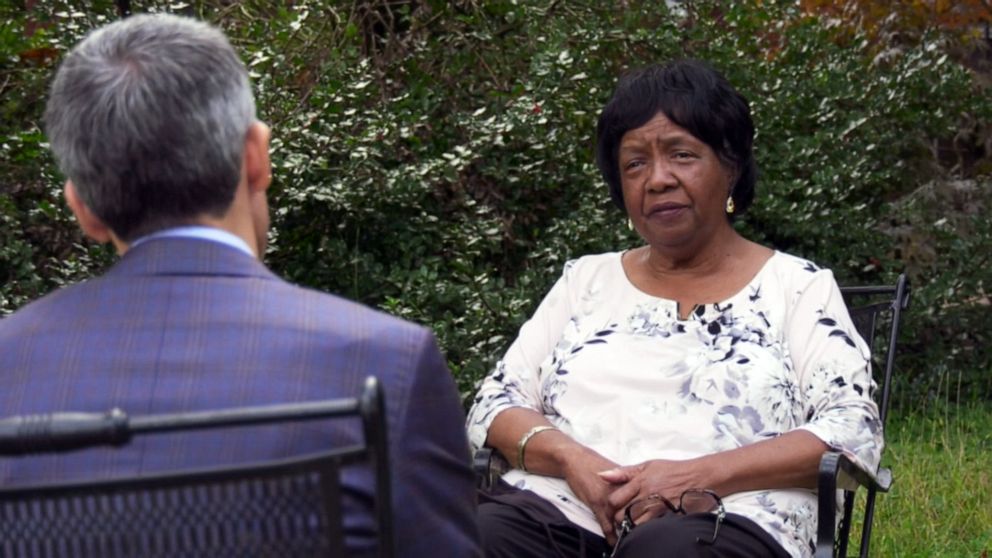
Lower federal courts rejected CSS claims of religious discrimination, upholding the city's ability to set neutral terms for all contracts involving taxpayer funds. But now the Supreme Court will take another look at whether the city went too far.
"There had been no complaints against Catholic Social Services," said Lori Windham, an attorney with the Becket Fund for Religious Liberty, which is representing Fulton and Catholic Social Services. "No same-sex couple had ever approached them. But if one did, they would help them to find an agency that could serve that family and help them on their foster care journey."
Of the 24 private agencies in Philadelphia's foster care network, Catholic Social Services is the only one that would deny applications from same-sex couples as a matter of faith.
"This is a voluntary contract. We don't hold any provider to commit to having to sign if they don't want to adhere to the contract language," said Philadelphia Deputy Mayor Cynthia Figueroa. "The city is pretty straightforward. You've entered into a contract that says very explicitly that you are to serve all and that's mutually applied to all providers."
Catholic teaching says that marriage is between one man and one woman. The church does not consider LGBT families morally compliant.
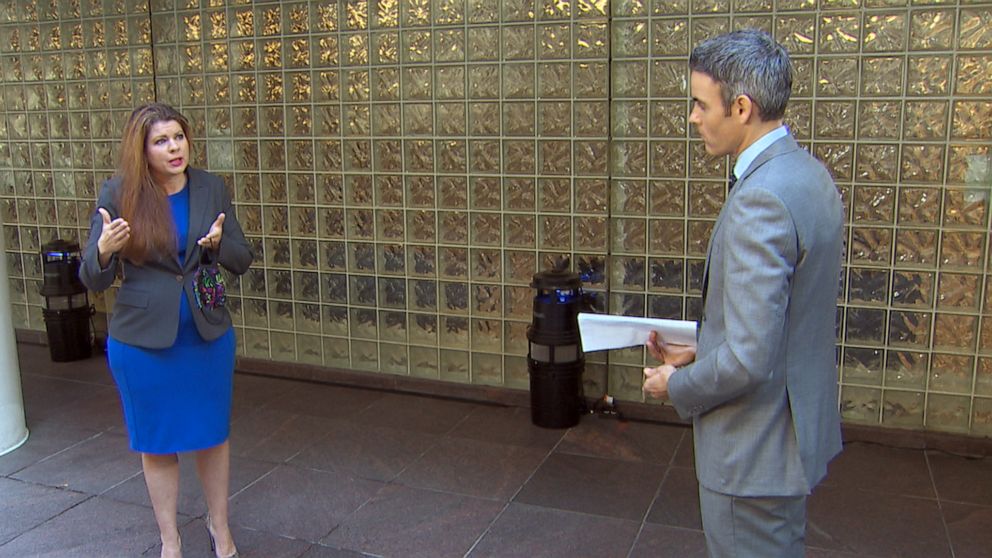
Figueroa, who is Catholic, maintains that even if other organizations will accept LGBT prospective foster parents the city's faith-neutral non-discrimination policy is valid and important.
"There's LGBTQ youth in the system. And I think it sends a very strong message to them that they're supported and protected as children, but as adults, their rights would be discriminated against," Figueroa said of the situation.
Caught in the middle are at-risk Philadelphia children and teens. There are currently 4,300 kids in the city's resource homes, including nearly 1,900 with foster families, according to the Philadelphia Department of Human Services Data Report. About 300 children are in group facilities awaiting placement.
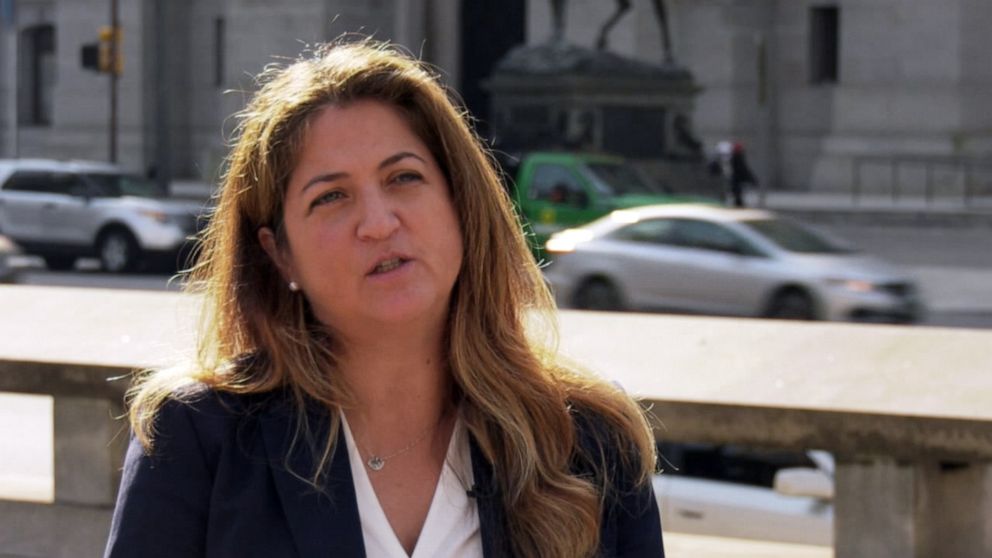
The case has prompted strong feelings from foster families on both sides of the dispute, including those without a direct stake in the case.
"We have kids dying in the street every single day. And you want to fight about who can foster a child? By god, let's get past that," said retired police officer Kevin Bernard, who recently became a foster parent for the first time when he and his wife Patti took in a 5-month-old girl from a family with ties to their non-denominational Christian church.
"I'm not a lawyer, but I say this: Catholic Services, they signed a contract and the contract specifically states that you're going to include all types of families," said Paige Davis, who has been fostering Philadelphia children with her wife Shannon for seven years.
The Davises, who are LGBT Catholics but did not attempt to work with Catholic Social Services, say having same-sex parents in the foster system is critical.
Studies show LGBT young people are disproportionately in need of foster care and that many who were removed or ran away from foster placements did so because of a caregiver's hostility toward their sexual orientation or gender identity.
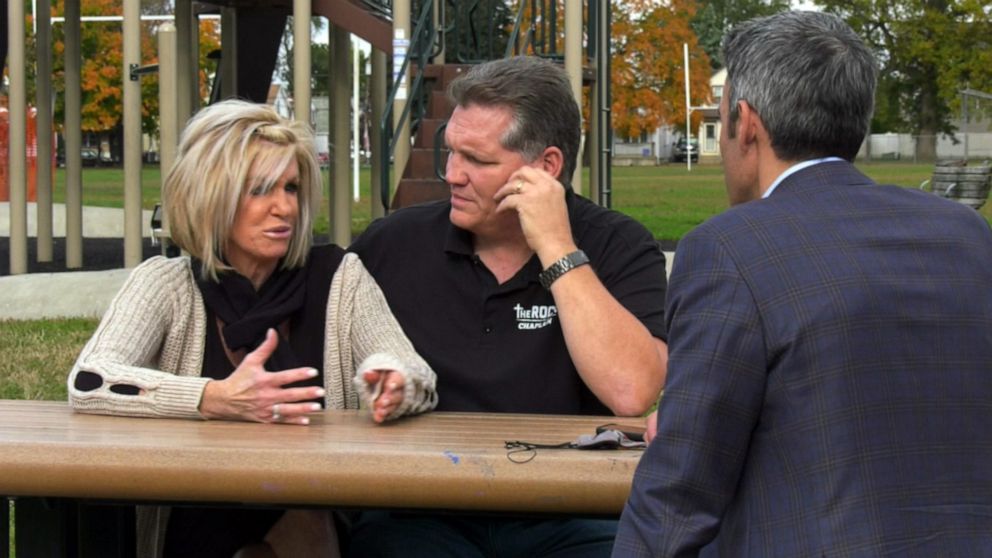
"If we could have been that intermediary between a child transitioning into their adulthood and into their own identity and show them that is safe, we want to be there for those children in order to do that," said Davis. "To eliminate families based on them being same-sex is eliminating a loving home for a child."
But after nearly 200 years of Catholic Social Services working with children and families in Philadelphia, Bernard wonders whether the city's move to cut ties with the agency over its beliefs on homosexuality is fair and constitutional.
"Freedom is both sides. There's two sides of freedom, right? And this country was founded on religious freedom. And as such, you should be able to help where you can help and still practice your faith," Bernard said. "And so if the church wants to help, but they can't do it in another area, then there should be somebody that can help those people also do that."
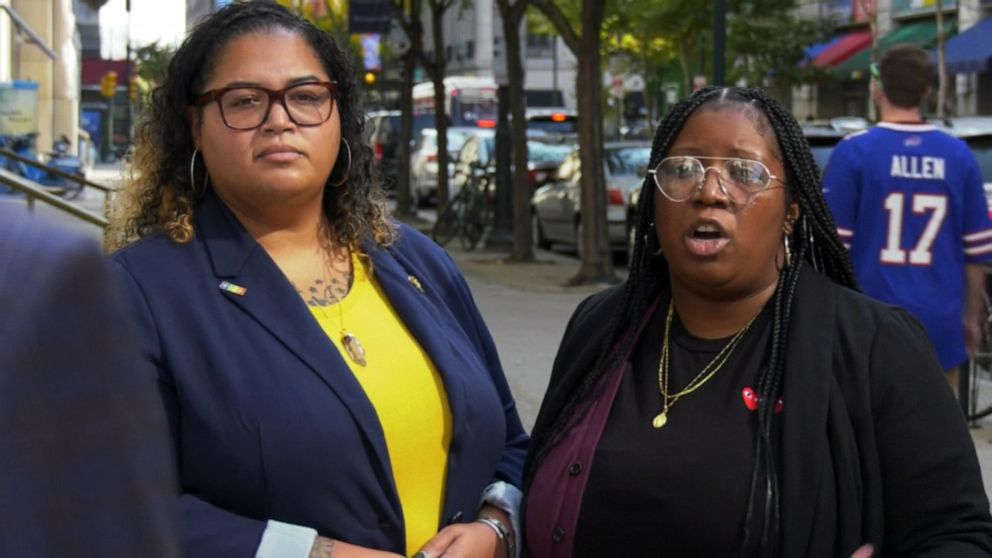
Fulton said she hopes the court will agree and allow her to get back to work fostering children through the agency she loves.
"At this age and in my life, I don't want to start all over again with somebody else's rules and regulations who don't respect my religious values. And I believe in what I'm saying," Fulton said. "It would be difficult for me to continue fostering through a new agency."
The Supreme Court is expected to hand down its decision by the end of June 2021.






